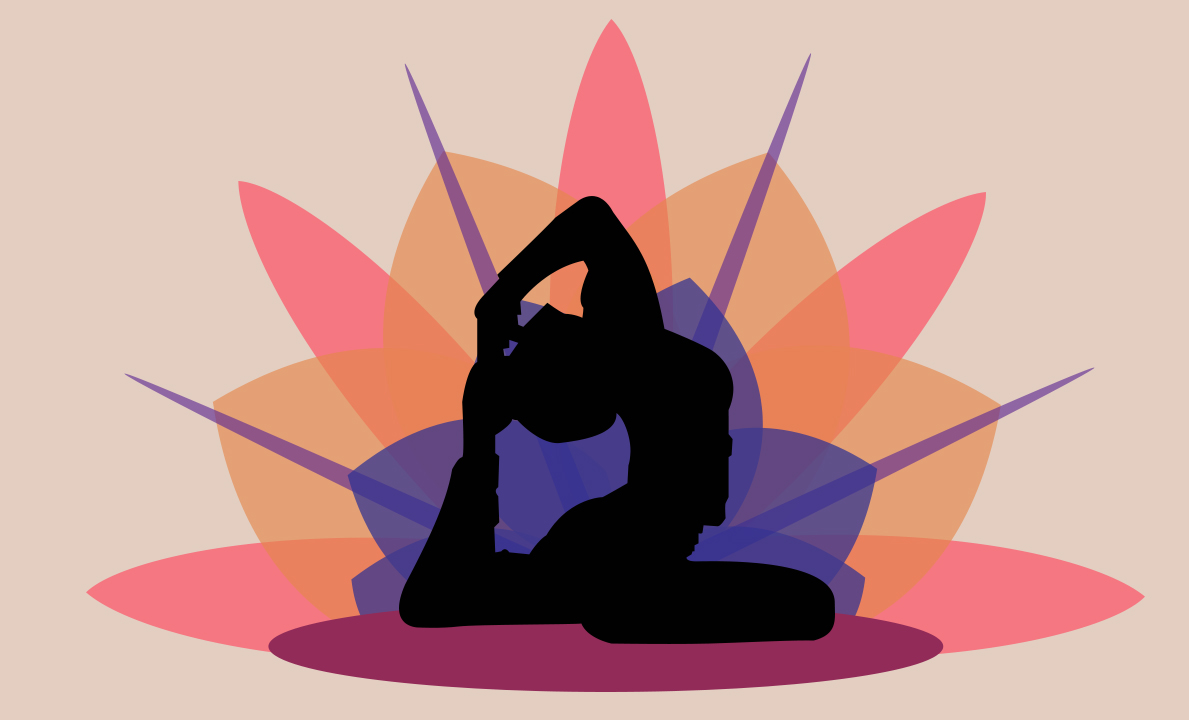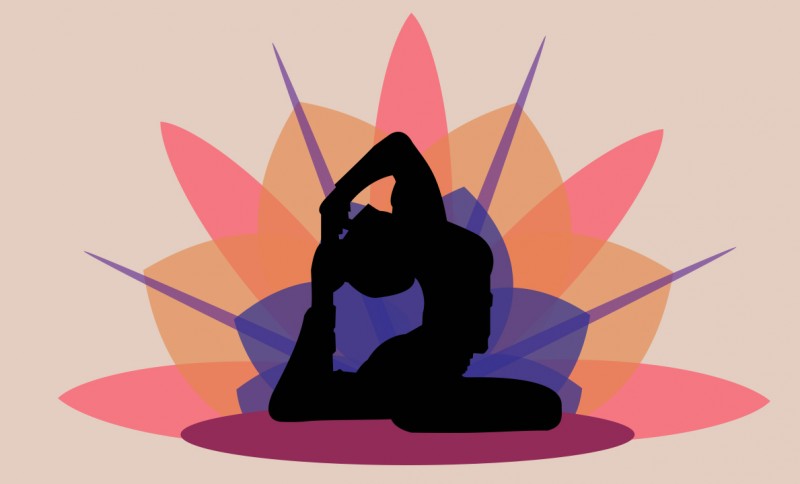Borrowed Buddhism

Cultural appropriation in yoga and the commercialization of Buddha

The debate involving yoga has reached new heights with the suspension of free classes at the University of Ottawa. Concerns arose as students felt it was culture appropriation to adopt yoga.
The student federation at the University of Ottawa noted the classes aren’t cancelled, but rather put on hiatus until the classes can be made “more accessible and more inclusive to certain groups of people that feel left out in yoga-like spaces.”
This sparked debate across the country. Both the practice of yoga and the way in which yoga studios and spaces use cultural imagery have been put under a microscope to determine whether these practices are detrimental or disrespectful to other cultures.
Practicing Buddhists at Buddha’s Light Centre in uptown Waterloo have weighed in on the issue, noting that although yoga studios have borrowed some meditation practices from Buddhism, it isn’t detrimental to the religion.
“There are some meditation places all over the place and there are some here in town too, and people think they’re tainting Buddhism, but they’re not. All they’re teaching is mindfulness,” said Val, a practicing Buddhist from Waterloo.
Although the practices of yoga studios have not deterred some Buddhists in the area, Val and volunteers at Buddha’s Light Centre emphasized the use of Buddhist imagery as a marketing tool can serve to offend.
“I’ve seen pictures of Buddha flip-flops where you’re standing on the Buddha and I just find it disrespectful,” said Val.
When presented with Buddha Bowl Foods, a snack food brand that claims their organic popcorn will help you “find your inner zen,” Val had few, but powerful words to share.
“Garbage,” said Val.
“People don’t even know what ‘zen’ is, people practice ‘zen’ for 30 odd years and still don’t totally understand it.”
Now this begs the question of whether Buddhist imagery in the yoga context falls into the same camp. In the debate of Buddha statues in yoga studios, Val and the volunteers reached a consensus.
“It’s not really hurting anyone, it depends where they place it. You don’t place the Buddha on the floor,” said Val.
From the perspective of David Tiviluk, owner and director of Bikram Yoga Kitchener-Waterloo, the concept of “cultural appropriation” isn’t necessarily detrimental.
“There’s constant cross-fertilization taking place between individuals, communities, cultures … to suggest that that wouldn’t take place or shouldn’t take place is absurd in this era,” said Tiviluk.
“Whether it’s culture or technology, it’s important and beneficial that people borrow and learn from other people, other cultures, other religions. It’s essential, that’s how you grow, that’s how you benefit from the richness of the world.”
As a yoga instructor for 12 years and studio owner for eight, Tiviluk said no one has ever directly claimed his practice of yoga was cultural appropriation. Nonetheless, Tiviluk said it is important to be mindful of yoga teaching methods.
“I think that the manner in which it is sometimes taught, there’s a kind of superficiality about it that in effect becomes slightly disrespectful and that goes against what I regard as fundamental to the eastern tradition,” said Tiviluk.
“It’s pop culture yoga, that’s packaged to suit a westerner who wants to do what they want and be self-indulgent.”
David noted as a yoga studio that follows the teachings of Bikram Choudhury, a famed yoga guru from India, his studio avoids the “pop-culture yoga” leanings. Tiviluk asserted by following Choudhury teachings, an inherent respectfulness rooted in tradition is developed by Bikram instructors.
With respect to the religious and spiritual elements of yoga, Tiviluk asserted he has made a deliberate effort to avoid using spiritual or religious symbolism or diction during classes.
He said instructors do not encourage participants to find their inner “chakra,” but rather give physical instructions for physical benefit.
“I was conscientious about not making it seem like this some kind of spiritual practice or religious practice, that has religious affiliation … I mean we’ve got a couple statues of the Buddha, but apart from that there’s no religious symbolism,” said Tiviluk.
Despite its religious origins, Tiviluk affirmed the Buddha has transcended religious origin and become a symbol for “peace and serenity.” He emphasized that commercialized Buddhist imagery can serve to spark curiosity in some people and encourage them to seek out spirituality. Given its presence in the studio, Tiviluk said he maintains a deep respect for the Buddha and his teachings.
“You could say that’s cultural appropriation, I’ve taken it from another culture and used it for my own purposes within this space, but also have deep respect and honour for that tradition,” said Tiviluk.
Tiviluk went on to discuss how other elements of the studio have been developed under the premise of “cultural appropriation,” including the studio’s juice and smoothie bar, the Buddha Bar.
“I mean it’s a prime example of cultural appropriation … but it’s just, I think it’s hip, and I don’t think it’s disrespectful towards the Buddha because all we’re serving is organic wheat juice and smoothies and there’s no alcohol,” said Tiviluk.
When presented with the concept of the Buddha Bar, Val of Buddha’s Light Centre still maintained that the use of Buddha in this context did not bode well with her.
“I don’t like the thought of a Buddha smoothie, I mean would you do a ‘Jesus’ smoothie? Would you do an ‘Allah’ smoothie? A ‘Krishna’ smoothie?” said Val.

